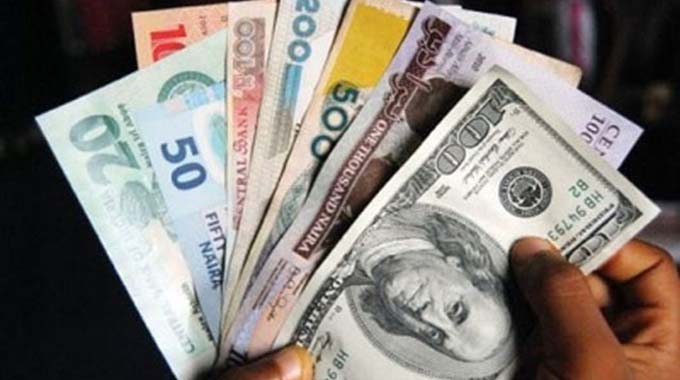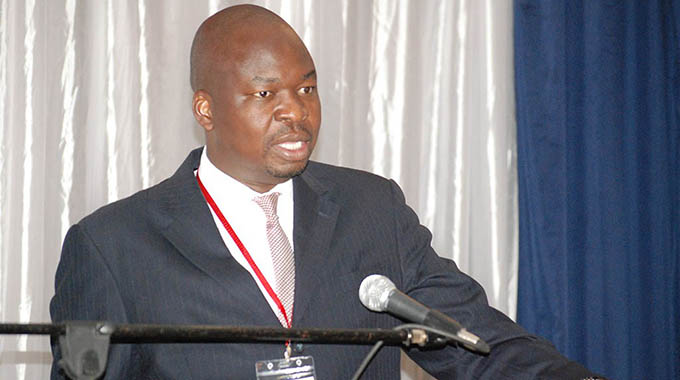Tough forex controls loom

Ishemunyoro Chingwere Business Reporter
Importers will soon be required to declare the legal source of their foreign currency under legislation being drafted, as Government takes measures to kill the black market. Those who fail to do so will have their goods forfeited to the State.
The move is among a raft of measures to push foreign currency trading into the legal interbank market run through banks and bureaux de change.
The plan was outlined by Finance and Economic Development Deputy Minister Clemence Chiduwa in a post-Budget media interface he addressed yesterday in the company of Minister Mthuli Ncube and permanent secretary Mr George Guvamatanga.
Deputy Minister Chiduwa was responding to questions on why the Government and law enforcement agents appeared to be turning a blind eye to illegal foreign currency traders operating openly in all major cities and towns.
Some business sectors want further consultation before the regulations are promulgated.
The Confederation of Zimbabwe Retailers Association and the Zimbabwe Cross Border Traders Association, while seeing positive outcomes to the move, are worried there could be shortages of some goods since holders of foreign currency could just hang onto their money.
They believe extra efforts were needed to restore confidence in the interbank market before full implementation of such regulations.
Cde Chiduwa said it was apparent that some importers were responsible for mopping up a lot of foreign currency on the black market, thus keeping illegal dealers in business.
Confederation of Zimbabwe Retailers Association president Mr Denford Mutashu said the biggest impediment to the success of the regulations was that a lot of business was being conducted outside the formal market.
“The first problem with such a regulation is that most Zimbabweans have of late not been conducting their business through the formal banking channels, so if they were to be asked to indicate the source of foreign currency you will find that most will struggle,” said Mr Mutashu.
“But in terms of impact, I think it can have both be positive and negative: positive in that this will be a step in the right direction towards providing the necessary mechanism needed to monitor the flow and exchange of foreign currency, but negative in the sense that it will limit legal imports as most traders will prefer to pay a kick-back here or there while some will stop trading and keep their foreign currency in their homes rather than being asked to justify its source.”
Zimbabwe Cross Border Traders Association president Mr Killer Zivhu said Government should have implemented the plan when it promulgated the statutory instrument earlier this year defining the Zimbabwe dollar as sole legal tender.
“We are the ones who took the initiative and wrote to Minister Ncube and the Governor of the Reserve Bank of Zimbabwe (RBZ) when the Zimbabwe dollar was introduced and said let’s have a situation where every importer declares their source of foreign currency at our ports of entry because we knew it will deter the black market,” he said.
“Our view was that we would then have people being able to buy goods from outside the country using master cards or visa cards having loaded them with US dollars which they have been keeping under their pillows at home.
“At that time it would have worked because there was some confidence in the banking sector which has somewhat waned at the moment. So, what Government should do is to direct the RBZ to restore confidence in the banking sector first.” Mr Zivhu said the regulations were likely to trigger an increase in corruption where smuggling becomes fully-fledged or shops will run dry again because importers were not keen on such a system.
“So, my take is that Government should consult industry extensively before hand,” said Mr Zivhu.











Comments